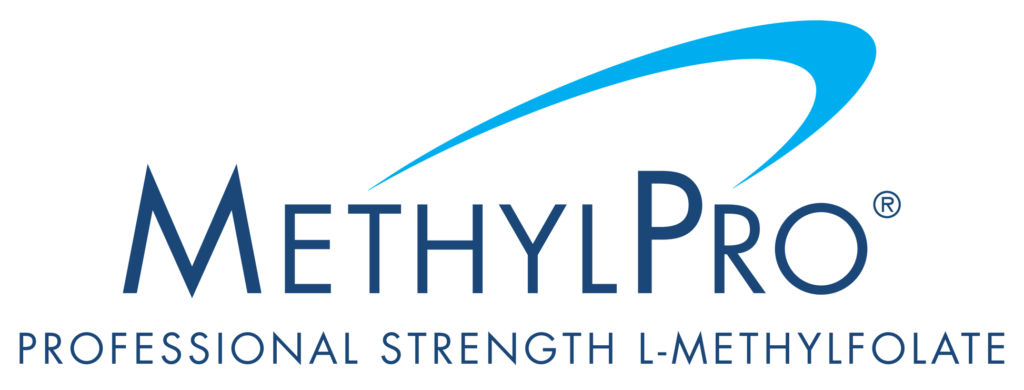Unraveling the Connection Between MTHFR Mutation and Cardiovascular Health
Thanks to decades of DNA research, we know there is an intricate relationship between our genetics and our health. MTHFR is just one specific example of a gene with potential impact on numerous systems throughout the body. One of many systems in which MTHFR plays a role is the cardiovascular system.
Variations in the MTHFR gene affect production of the methylenetetrahydrofolate reductase enzyme, a crucial player in methylation. Methylation is a biochemical process that plays a role in numerous aspects of mental and physical health. In this article, we will delve into the scientific evidence surrounding the MTHFR mutation and explore how it might influence cardiovascular health.
Understanding MTHFR Mutation
The MTHFR gene provides instructions for producing the methylenetetrahydrofolate reductase enzyme, which is necessary for converting folate (vitamin B9) and its synthetic form, folic acid, into its active form, methylfolate. Methylfolate, in turn, participates in methylation reactions, a process essential for the regulation of various biochemical pathways in the body.
There are several variants of the MTHFR gene, with the two most studied being C677T and A1298C. Some people inherit one copy of a faulty MTHFR gene, and some people inherit 2 faulty copies. Individuals with MTHFR mutations may have alterations in the structure and function of the enzyme, leading to reduced efficiency in the methylation process [1]. The severity of consequences can change due to the number of copies, type of variation, and other genetic and epigenetic health factors [1].
MTHFR Mutation and Cardiovascular Health
Many studies have explored the potential link between the MTHFR mutation and cardiovascular health. Healthy levels of active methylfolate in the body and effective methylation are necessary for a healthy heart and cardiovascular longevity.
One of the primary mechanisms through which the MTHFR mutation may impact cardiovascular health is by influencing homocysteine levels [2]. Homocysteine is an amino acid associated with cardiovascular health. Methylfolate, synthesized through the MTHFR enzyme, is crucial for converting homocysteine to methionine. Individuals with the MTHFR mutation may experience impaired homocysteine metabolism, leading to higher levels of this amino acid in the bloodstream [2]. Healthy, normal levels of homocysteine are associated with a healthier cardiovascular system [2].
What Can I Do?
While the relationship between the MTHFR mutation and cardiovascular health is a topic of ongoing research, existing evidence suggests a potential influence on factors such as homocysteine levels, normal blood clotting [3], and blood pressure regulation [4]. It’s important to note that individual responses to the MTHFR mutation can vary, and the impact on cardiovascular health may be influenced by additional genetic and environmental factors.
If you have an MTHFR mutation, you may benefit from some personalized healthcare strategies. Taking a daily methylfolate supplement, like MethylPro, may help to mitigate potential consequences of the MTHFR mutation. This is because methylfolate supplements are active in the body upon absorption. They do not require conversion by the MTHFR enzyme like folic acid or dietary folate.
Supplemental methylfolate can support normal, healthy homocysteine conversion [5], and support healthy blood flow and pressure [6].
If you have an MTHFR mutation and are concerned about your cardiovascular health, talk to your doctor about how MethylPro methylfolate may help.
References
- https://www.semanticscholar.org/paper/Comparative-modeling-of-methylentetrahydrofolate-in-Rao-Nayarisseri/878e47b2f98a268892317b8f4c25c262cfb242c6?p2df
- https://www.cambridge.org/core/journals/public-health-nutrition/article/mthfr-gene-polymorphism-homocysteine-and-cardiovascular-disease/FE31319F59567EE9245D64C25F1BDBDC#
- https://www.ahajournals.org/doi/full/10.1161/01.ATV.17.9.1662
- https://www.sciencedirect.com/science/article/abs/pii/S0098299716300589
- https://www.ncbi.nlm.nih.gov/pmc/articles/PMC7190578/
- https://academic.oup.com/ajh/article/35/4/303/6475983

